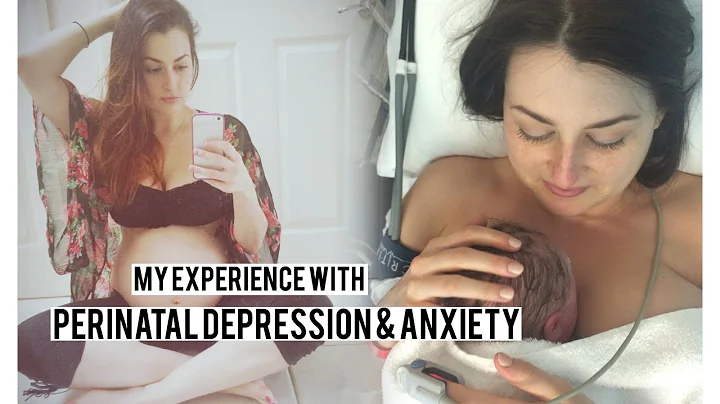According to statistics: approximately 5%-25% of pregnant women in my country suffer from perinatal depression, and the incidence of postpartum depression is as high as 13.1%-16.3%.
The incidence of postpartum depression is so high, on the one hand, it is because of the cliff-like drop in hormone levels in the body after childbirth; on the other hand, postpartum urinary incontinence, breast swelling, infection, sagging skin, bloated body, and the traumatic experience during childbirth, will become a "catalyst" for postpartum depression.
So, how to judge whether you have depression tendency? Today, I’m here to talk to you.

Wuhu, Anhui: Follow-up services benefit pregnant women
The 5 stages of postpartum depression, see which level you are at
The first stage: I feel irritable, unwilling to see people, blame myself for small things, start to belittle myself, and feel that I am a Useless person;
Stage 2: Difficulty concentrating, speaking slower, often feeling lonely, always feeling tired, not sleeping well, sleeping lightly, and waking up easily;
Stage 3: Symptoms are significantly aggravated, moodiness The fluctuations are getting bigger and bigger, and I often break down emotionally because of a trivial matter, crying, and the feeling of physical discomfort becomes more and more obvious;
The fourth stage: unwilling to communicate with others, drastic changes in weight in a short period of time, Either overeating, or not eating or drinking, and staying still for a long time;
The fifth stage: the feeling that life is like a year, life is worse than death, especially in the morning, the melancholy is the strongest, and you feel like you are The most useless mother in the world is also the most prone to self-harm and suicide.

Cheerless young people having a conflict
Don’t think that giving birth is easy, postpartum depression is really fatal!
What are the characteristics of people with postpartum depression? Generally speaking, those who are introverted and have low self-esteem, are sensitive and suspicious, have a tense relationship between husband and wife; have had a history of adverse pregnancy such as infertility, fetal termination, and a family history of depression or mental illness are all high-risk groups for postpartum depression.
Many people do not take postpartum depression seriously. Not only do they not pay attention to it, they even blame them for being depressed and pretentious. Every year, we can see in the news that Ms. XX jumped off a building with her several-month-old child. Some mothers even just finished feeding their children before committing suicide...
Moreover, postpartum depression is not only a threat Not only affects the mother's health, but also has adverse effects on the baby's emotional, intellectual and behavioral development.

2 methods that new mothers must learn to pull you out of the "depression swamp"
 . Learn to divert attention
. Learn to divert attention
Although the newborn baby needs 100% care, the new mother does not need to devote all her attention to it. There is no need to pursue being a "perfect mother" when it comes to your baby. No one's mother is perfect, so there is no need to blame yourself for not being able to do everything perfectly.

After childbirth newborn baby
Postpartum depression will not heal on its own. If the symptoms of depression last for more than 2 weeks, but become worse and worse, it means that the condition is more complicated, and you must seek professional help as soon as possible.
You must know that the mother's physical and mental health will also affect the health of the fetus. Mothers who are anxious during pregnancy will also have an increased risk of poor fetal growth and development, and autism and autism .
Because, when encountering this situation, you must actively seek professional help. #媯 Zero Zero Plan#



















![Richard Smallwood & Vision - My Everything [Praise Waiteth] (Part 1) - DayDayNews](https://i.ytimg.com/vi/zAKghUtg4W4/hqdefault.jpg?sqp=-oaymwE2COADEI4CSFXyq4qpAygIARUAAIhCGAFwAcABBvABAfgB_gSAAuADigIMCAAQARhyIEMoYzAP&rs=AOn4CLDZ9xm_UXpkYnClcivwiE0iZU5Oog)

